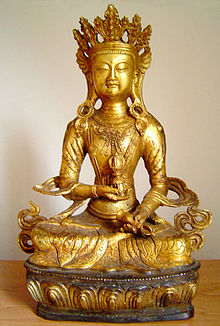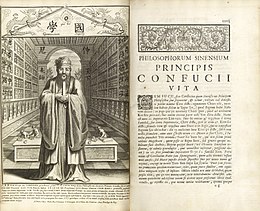The World-Cultural-Heritage &
the world-cultural-shock in 2024
Tibetan Buddhism
Text is written by MYRTLE LANGLEY
BUDDHISM CAME TO TIBET from India in the 8th century. By that time Indian Buddhism had adapted a complicated set of rituals and "magic" from folk religion to help people to find their way to Nirvana.
This branch of Buddhism was written in sacred, secret books called tantras, so it was called Tantrism. It included the use of mystic diagrams called mandalas, and sacred phrases or sayings called mantras, which disciples said over and over again. The religion that came to dominate Tibet, it was a mixture of Tantric and other Mahayana teachings.
 In Tibet, it was developed further by spiritual leaders called lamas, who are usually monks. Lamas belong to a number of different groups, or schools. These schools are based around various powerful monasteries: their ideas and practices vary, but they have usually exited in harmony.
In Tibet, it was developed further by spiritual leaders called lamas, who are usually monks. Lamas belong to a number of different groups, or schools. These schools are based around various powerful monasteries: their ideas and practices vary, but they have usually exited in harmony.
One of a lama`s tasks is to guide a dying person`s spirit in the time between death and rebirth. Lamas spend many years learning and meditating to gain this wisdom.
Confucian piety
Text is written by MYRTLE LANGLEY

FOR MANY, CONFUCIANISM is a way of life, a code of behaviour, rather than a religion. Confucians may combine following their master, Confucius, with belief in any god or none. Confucius stressed the important of li, which means power or orderly conduct. He taught his followers to be "gentlemen".
A gentleman is always courteous, fair, respectful to his superiors, and kind to ordinary people. He also practises "filial piety" - his duty to respect and care for his parents. Because of his belief in filial piety Confucius supported the ancient practice of venerating (giving great respect and honour to) ancestors.  He wished to bring order and harmony to society, with everyone doing their duty. He taught that worshipping God and the spirits and honouring one`s ancestors means nothing unless the service of other people comes first.
He wished to bring order and harmony to society, with everyone doing their duty. He taught that worshipping God and the spirits and honouring one`s ancestors means nothing unless the service of other people comes first.
